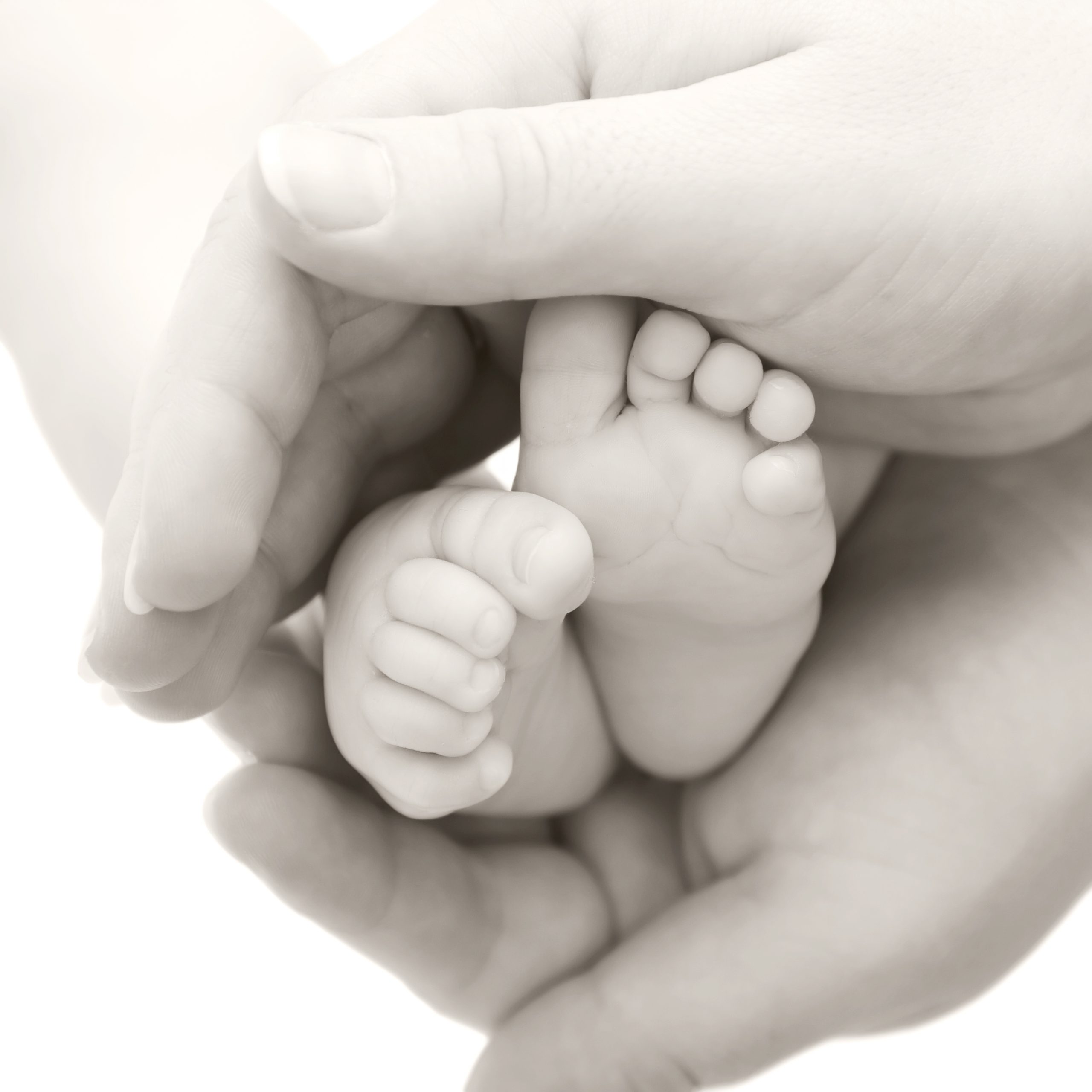
The Preeminence of Theology of the Body
January 10, 2024
The overturning of Roe v. Wade on June 24, 2022 was rightly welcomed with joy by Catholics and all those who believe in the sanctity of human life. In the official statement from the USCCB, Archbishops Gomez and Lori regarded it as “a historic day in the life of our country” marking the end to “an unjust law” that “resulted in the deaths of tens of millions of preborn children.”

Since then, many states have instituted greater legal protections for unborn human life, while sadly, others have reacted by enshrining access to abortion in law. Ohio is the latest example of the latter. On November 7, 2023, Ohio voters approved an amendment to the state constitution enshrining a right to abortion throughout pregnancy. The measure easily passed with 57% of voters in favor. Of Catholic voters who cast ballots that day, 52% supported this radical abortion measure.[1]
Preeminent Priority
In the wake of setbacks like this, the bishops of the United States at their November 2023 meeting approved a new introductory letter to their document Forming Consciences for Faithful Citizenship, which affirms, “The threat of abortion remains our preeminent priority because it directly attacks life itself, because it takes place within the sanctuary of the family, and because of the number of lives destroyed.”
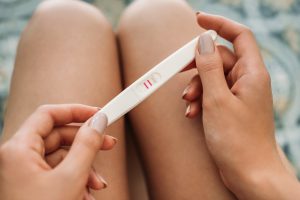
This language of the abortion threat’s preeminence is not new to the bishops. They used very similar verbiage in their 2019 introduction to Faithful Citizenship. In the body of the document itself, which has remained unchanged since 2015, the bishops state, “The direct and intentional destruction of innocent human life from the moment of conception until natural death is always wrong and is not just one issue among many. It must always be opposed” (no. 28). While this statement encompasses other forms of killing, it makes it clear that there is an unparalleled obligation to protect innocent human life from threats like abortion. This issue rises above all others in urgency and importance.
Recent votes, like the one in Ohio, demonstrate how the need to protect human life is indeed more urgent than ever. They also demonstrate that political strategy will not suffice in eliminating threats to human life. In response to the passage of Ohio’s abortion amendment, Cincinnati Archbishop Dennis Schnurr rightly observed, “There remains a desperate need for conversion of hearts and minds to a culture of life in our country, one that respects the inherent dignity and sacredness of every human being from conception to natural death.” Similarly, Columbus Bishop Earl Fernandes, stated “With renewed effort, we need to make abortion unthinkable, and the birth of a child not to be seen as a burden but a blessing.”

These statements speak of the need for interior change promoted and sustained by a renewal of culture. As important as laws and policies are, attitudes are what ultimately need to change. This is where the preeminence of abortion meets the preeminence of Theology of the Body.
Diagnosing Our Disease
In his landmark 1995 encyclical letter Evangelium vitae, Pope St. John Paul II diagnosed the disease of modern culture that leads to the acceptance of abortion and other threats to human life — what he termed the culture of death. Echoing the admonition of the Second Vatican Council, the saintly pope warned that “when the sense of God is lost, the sense of man is also threatened and poisoned.” When this happens, man loses a sense of his dignity and is “no longer able to see himself as ‘mysteriously different’ from other earthly creatures.”
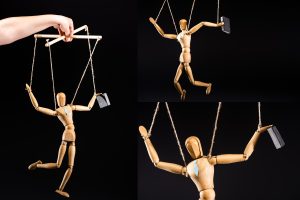
“Enclosed in the narrow horizon of his physical nature, he is somehow reduced to being a ‘thing,’ and no longer grasps the ‘transcendent’ character of his ‘existence as man.’ He no longer considers life as a splendid gift of God, something ‘sacred’ entrusted to his responsibility and thus also to his loving care and ‘veneration.’ Life itself becomes a mere ‘thing,’ which man claims as his exclusive property, completely subject to his control and manipulation” (no. 22).
Within this worldview, the pope went on,
“The body is no longer perceived as a properly personal reality, a sign and place of relations with others, with God and with the world. It is reduced to pure materiality: it is simply a complex of organs, functions and energies to be used according to the sole criteria of pleasure and efficiency. Consequently, sexuality too is depersonalized and exploited: from being the sign, place and language of love, that is, of the gift of self and acceptance of another, in all the other’s richness as a person, it increasingly becomes the occasion and instrument for self-assertion and the selfish satisfaction of personal desires and instincts” (no. 23).

The modern worldview is one in which nature is stripped of any inherent meaning or purpose. Reality is reduced to what is observable, measurable, and ultimately controllable. Man alone decides the meaning and purpose of things, and he alone determines what is of value. When this way of seeing reality is extended to the human body, it is easy to see how abortion becomes not only acceptable but even necessary.
A Remedy for our Time
Throughout his long pontificate, Pope St. John Paul II continually returned to the question posed by Psalm 8 to God: “What is man that you are mindful of him, and the son of man that you care for him?” Whatever problem he sought to tackle; the saintly pope traced its roots back to a mistaken view about our humanity. Once he arrived at that ground zero, he would begin to articulate a counter-vision of the human person based in our Catholic faith that would correct the contemporary errors. This pattern is evident across his papal documents, and it is developed most extensively in what has become known as his Theology of the Body (TOB).

TOB was the fruit of the late pope’s prayerful, penetrating analysis of Scripture, Catholic tradition, and human experience. Originally written in the 1970s when he was the Cardinal Archbishop of Kraków, TOB was a response to the controversies surrounding the Church’s teaching on contraception. However, the anthropological vision that Pope St. John Paul II developed in TOB provides the antidote to all of the lies and confusion about the human person emanating from the modern, reductionistic worldview. Indeed, in TOB, we find the resources we need to respond to the challenges of gender ideology, the destruction of the nuclear family, the pornification of human sexuality, and all attacks on human life — including abortion.
TOB reminds us of our worth and who we really are: beloved sons and daughters of God called through a spousal gift of self to become fathers and mothers. Within this vision of the person, we re-discover the profound truth that the human body is not just one more type of body. The human body reveals and makes present the spiritual reality of the person. To paraphrase the late pope, the human body has the capacity to reveal the spiritual and even the divine. When we see a living human body, we see not merely a “what” but a “who.” As John Paul II untiringly taught, the proper human response — emanating from a heart made pure by Christ — to beholding the body of another is reverence.

If we allow the anthropological vision of Pope St. John Paul II — especially TOB — to penetrate our hearts and renew our culture, abortion will indeed become unthinkable. Families, parishes, and communities need TOB now more than ever, and in response, we must find ways to make this beautifully rich, Catholic vision of the human person accessible and applicable to all people. We know that it speaks to the deepest parts of the human heart and can bring about a birth of a true Christian humanism, but we need more messengers to bring this life-giving message. “The harvest is plentiful, but the laborers are few; therefore pray earnestly to the Lord of the harvest to send out laborers into his harvest” (Mt. 9:37-38).
At Ruah Woods Institute, we have chosen to focus our efforts to renew the culture on the pivotal role of Catholic schools. According to data collected by the National Catholic Education Association, there are currently almost 6000 Catholic elementary and high schools in the US educating 1.7 million children and adolescents.
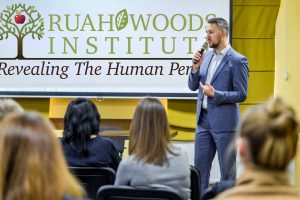
Through our TOB Campus program, we walk side-by-side with educators to engage in monthly formation in the anthropological vision of John Paul II. We further equip them to immerse students in a sacramental worldview with our first-of-its-kind K-12 TOB curriculum. We believe that this combination of ongoing staff formation and continuous, age-appropriate TOB-inspired catechesis can lead to profound cultural transformation in a school, and through it, parishes, and communities.
If abortion is the preeminent social problem we face today, then TOB is the preeminent resource needed to respond to this challenge and build a culture of life. The question is will we answer the call to bring this great gift of Pope St. John Paul II to the hearts and minds of the next generation.
[1] Exit poll data collected by The Tarrance Group.
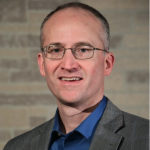
Written by, Dr. Andrew Sodergren, M.T.S., Psy.D.,
Director of Ruah Woods Psychological Services
Share